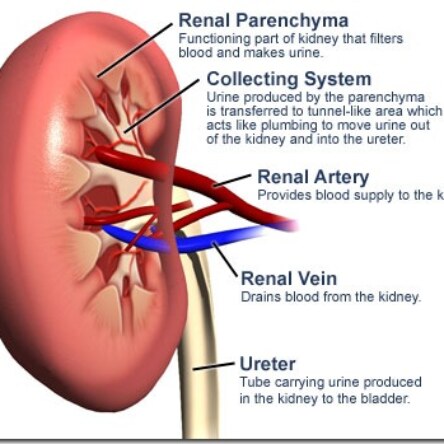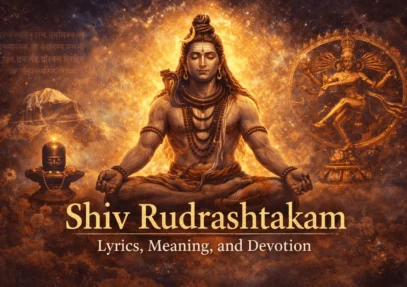What are some unusual social norms around the world?
Water is essential for the proper functioning of the human body. If you go without water for a week, severe physiological changes occur, leading to life-threatening consequences. Here's what happens at different stages: Day 1–2: Early Signs of Dehydration Mild Dehydration Symptoms: Dry mouth and thrRead more
Water is essential for the proper functioning of the human body. If you go without water for a week, severe physiological changes occur, leading to life-threatening consequences. Here’s what happens at different stages:
Day 1–2: Early Signs of Dehydration
- Mild Dehydration Symptoms:
- Dry mouth and throat.
- Decreased urine output; urine becomes darker.
- Fatigue and dizziness due to reduced blood volume.
- Headaches and difficulty concentrating.
- Increased Stress on Organs:
- The kidneys conserve water by reducing urine production, but this leads to a buildup of waste products.
- The heart pumps harder to circulate a reduced volume of blood.
Day 3–4: Moderate to Severe Dehydration
- Cellular Stress:
- Cells begin to lose water, impairing their ability to function.
- Electrolyte imbalances (sodium, potassium) disrupt nerve and muscle activity.
- Major Symptoms:
- Extreme fatigue and lethargy.
- Rapid heartbeat and low blood pressure.
- Sunken eyes and lack of skin elasticity (skin does not bounce back when pinched).
- Cognitive Decline:
- Confusion, irritability, and difficulty thinking clearly due to reduced blood flow and oxygen to the brain.
Day 5–7: Life-Threatening Changes
- Organ Failure:
- Kidneys: Acute kidney injury occurs as waste and toxins accumulate in the bloodstream.
- Liver and Heart: The liver struggles to detoxify the body, and the heart works harder to compensate for reduced blood volume.
- Brain: Swelling or shrinkage may lead to seizures or coma.
- Severe Physical Symptoms:
- Shriveled skin, extreme weakness, and inability to stand or move.
- Rapid deterioration of vital signs.
- Shock and Death:
- As blood pressure plummets, the body goes into hypovolemic shock.
- Multi-organ failure follows, leading to death if hydration is not restored.
Factors Influencing Survival
- Environmental Conditions: Heat and humidity accelerate dehydration.
- Physical Activity: Increases water loss through sweat.
- Health Status: Pre-existing conditions, like diabetes or kidney disease, worsen outcomes.
Going without water for a week is typically fatal. Symptoms progressively worsen from mild dehydration to severe, culminating in organ failure and death. If water deprivation is unavoidable, it’s critical to seek emergency medical care as soon as possible.
See less







Social norms vary widely across cultures, and what is considered normal in one country might be unusual or even surprising in another. Here are some examples of unusual social norms from around the world: No Tipping in Japan Where: Japan Norm: Tipping is not expected and can even be considered rudRead more
Social norms vary widely across cultures, and what is considered normal in one country might be unusual or even surprising in another. Here are some examples of unusual social norms from around the world:
Understanding these norms not only helps avoid faux pas but also highlights the fascinating diversity of human culture!
See less